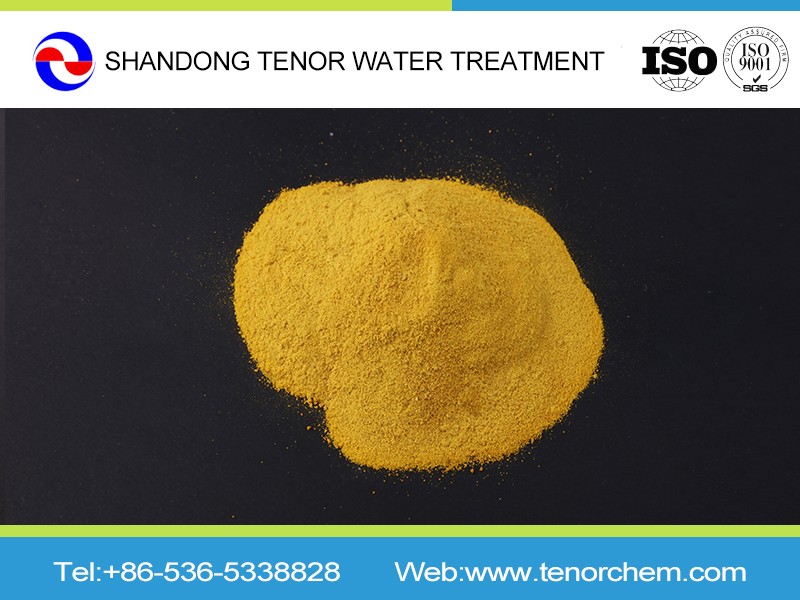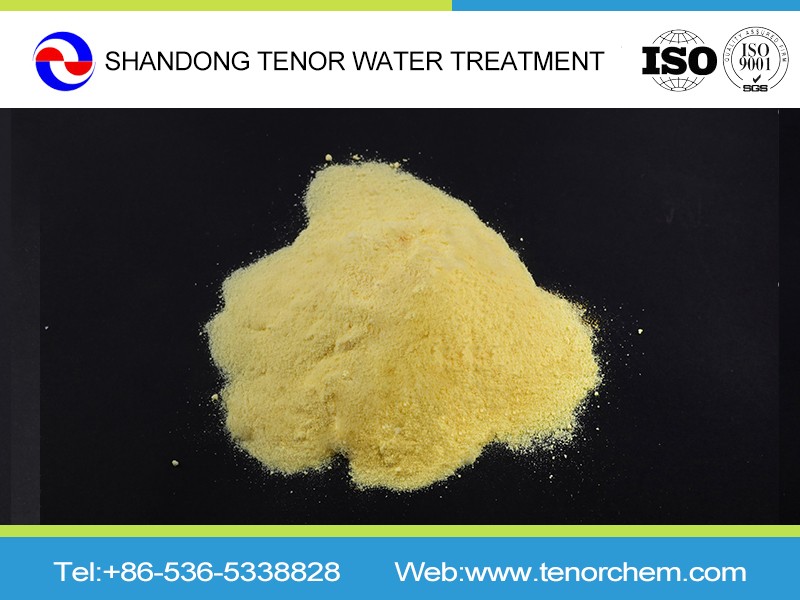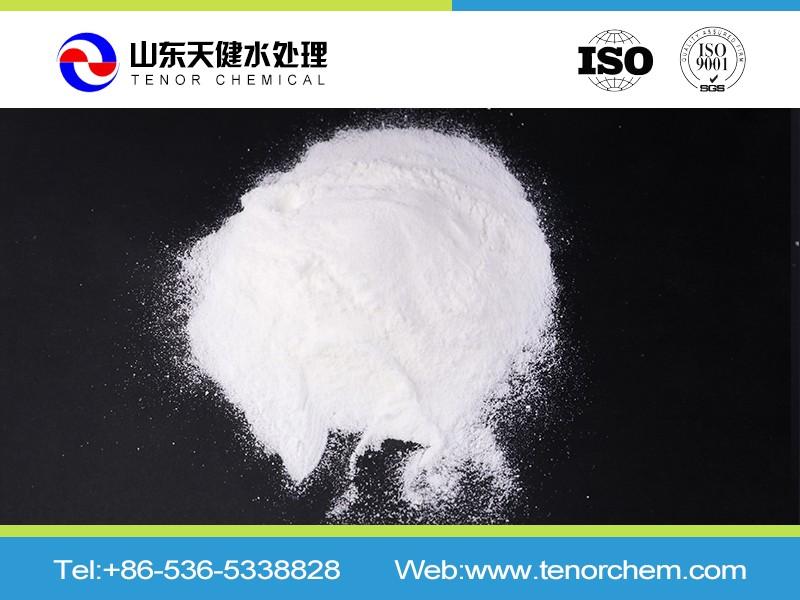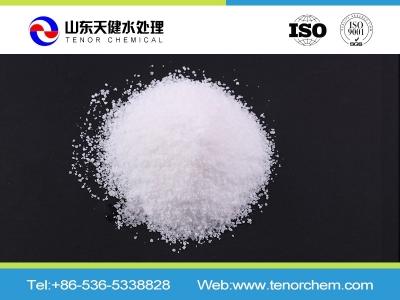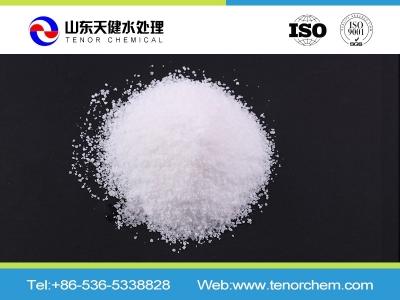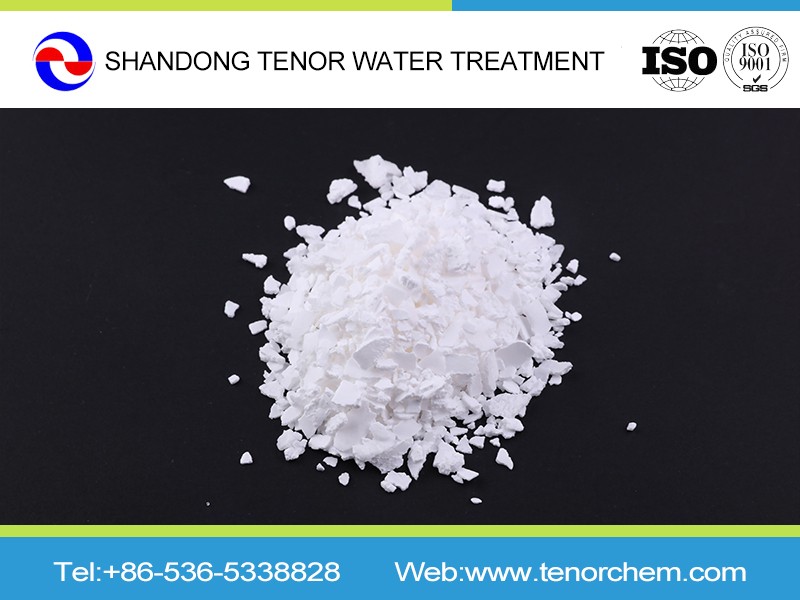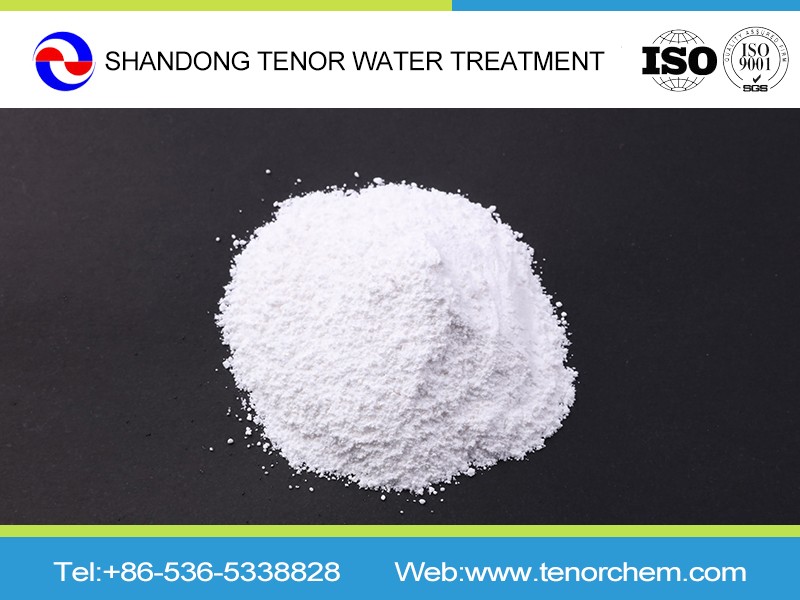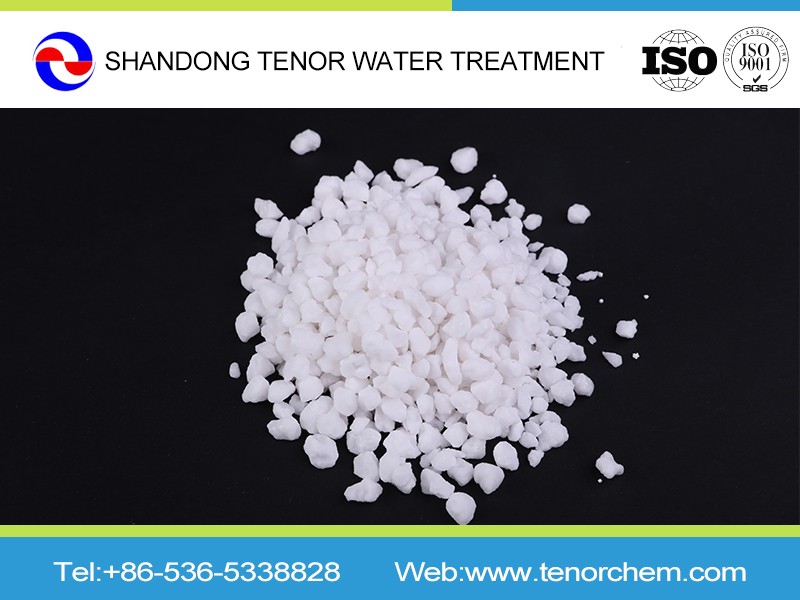Calcium chloride use
1 .desiccant
Granular anhydrous calcium chloride is often used as a desiccant to fill the drying tube, and macroalgae dried with calcium chloride (or seaweed ash) can be used for the production of soda ash. Some household dehumidifiers such as DampRid use calcium chloride to absorb moisture from the air. Calcium chloride can also be used as a desiccant or dehydrating agent for gases and organic liquids. Since calcium chloride is neutral, it can dry acidic or alkaline gases and organic liquids. It can also be used in the laboratory to prepare small amounts of gases such as nitrogen, oxygen, hydrogen, hydrogen chloride, sulfur dioxide, carbon dioxide, nitrogen dioxide, etc. These produced gases are dried. However, it cannot be used to dry ethanol and ammonia because ethanol and ammonia react with calcium chloride to form the alcoholate CaCl2·4C2H5OH and the ammonia compound CaCl2·8NH3, respectively. Anhydrous calcium chloride can also be made into a household product for use as an air hygroscopic agent. Anhydrous calcium chloride is used as a water absorbing agent and has been approved by the FDA for dressing first aid. Its function is to ensure the dryness of the wound.
Spreading anhydrous calcium chloride on the gravel road surface, using the hygroscopicity of anhydrous calcium chloride to condense the moisture in the air when the air humidity is lower than the dew point to keep the road surface moist, thereby controlling the dust on the road. Raise.
2. Medical and biological applications
In biological and medical research, calcium chloride is widely used in the preparation of buffers for biomedical experiments, such as the addition of CaCl2 for the isolation of eggs when studying a novel activator for potassium channel complexes. ND96 stock solution of mother cells; when studying the function of guanylyl cyclase C on midbrain dopamine neurons, use CACl2 for brain slice preparation experiments; when studying bacterial and archaeal fluororibose switches for protection against fluorotoxicity A tandem labeling experiment or the like was carried out at a concentration of 1 mmol/L of CaCl 2 .
In the process of introducing the gene of interest into the recipient cell, calcium chloride can be used to increase the permeability of the receptor cell membrane, making the plasmid easier to introduce. This method was performed by Stanford University geneticist Stanley Norman Cohen. Found in 1972 when studying E. coli.
Intravenous injection of 10% calcium chloride solution can be used for the treatment of hypocalcemia, and calcium chloride can also be used to treat magnesium poisoning. It was found by electrocardiogram that the injection of calcium chloride solution was resistant to cardiotoxicity. In the case of high potassium concentration caused by hyperkalemia, calcium chloride can protect the myocardium and prevent arrhythmia. Calcium chloride is a regular drug in the emergency room of American hospitals. It can be used to rapidly treat calcium channel blocker poisoning (this poisoning can be caused by the side effects of diltiazem, a drug that prevents heart disease) and caused by hydrofluoric acid. Poisoning, but no effective detoxification of poisoning caused by black widow spider bites. Calcium chloride sodium bromide injection was approved by the State Food and Drug Administration as a water-electrolyte regulator in China.
3. Deicer and cooling bath
Calcium chloride can lower the freezing point of water. Spreading calcium chloride hydrate on the road can prevent icing and deicing and snow melting, but the salt water after melting snow will destroy the soil and vegetation along the road and deteriorate the pavement concrete.
The calcium chloride solution can also be mixed with dry ice to prepare a low temperature cooling bath. The stick of dry ice was added portionwise to the brine solution until ice cubes appeared in the system. The cooling bath stabilization temperature that can be maintained by different types and concentrations of salt solution will vary. Calcium chloride is generally used as a salt raw material, and the desired stable temperature is obtained by adjusting the concentration, not only because calcium chloride is cheap and easy to obtain, but also because the eutectic temperature of the calcium chloride solution (that is, the solution is completely condensed to form granular ice). The temperature of the salt particles is quite low and can reach -51.0 ° C, which allows the adjustable temperature range from 0 ° C to -51 ° C. The method can be implemented in a dewar which can maintain the heat preservation effect, or can be used in a general plastic container to hold the cooling bath when the volume of the dewar is limited and at the same time, a large amount of salt solution needs to be prepared. The maintenance is also relatively stable.
4. food
As a food ingredient, calcium chloride acts as a sequestering and curing agent and has been approved by the European Union to be used as a food additive, E coded as E509. It is considered by the US Food and Drug Administration to be "Generally recognized as safe" (GRASS). It is estimated that there are 160 to 345 mg of calcium chloride food additives per person per day.
Calcium chloride is used as a curing agent and can be used in canned vegetables. It also solidifies soy curd to form tofu, and can be used as a raw material for cooking molecules to react with sodium alginate to gel the surface of vegetables and fruit juices to form caviar-like pellets. Adding to the sports drink or some soft drinks as an electrolyte includes bottled water. Since calcium chloride itself has a very strong salty taste, it can be used as a substitute for salt for the production of pickled cucumbers while reducing the discharge of sodium-containing sewage.
Calcium chloride is added to the beer brewing fluid that lacks minerals because it is one of the most influential minerals in the beer brewing process. It affects the acidity of the wort and affects the action of the yeast. And calcium chloride can bring sweetness to the brewed beer.
News
Contact
- 0086-536-5338828
- 0086-536-5317318
- charles_chen@tenorchem.com
- www.tenorchemical.com

